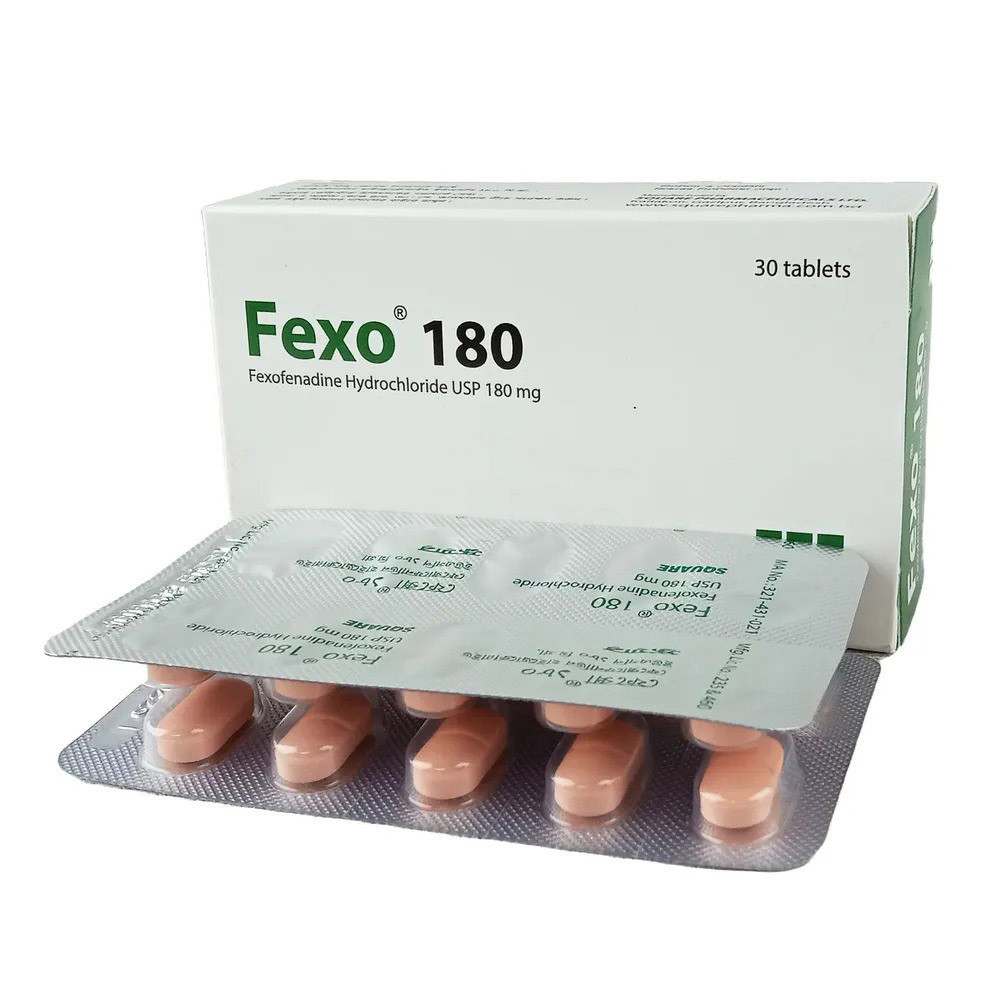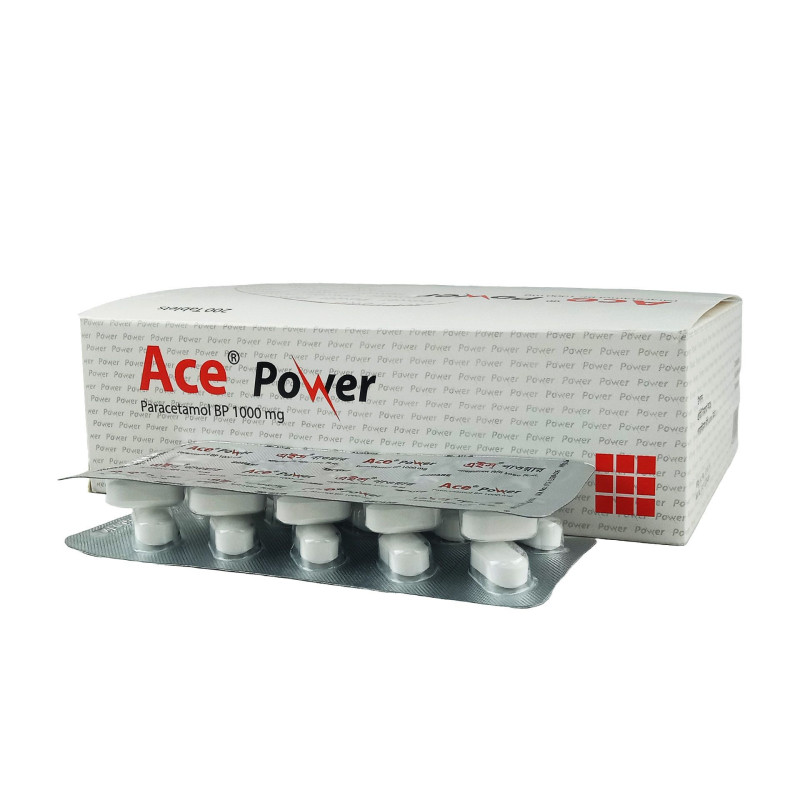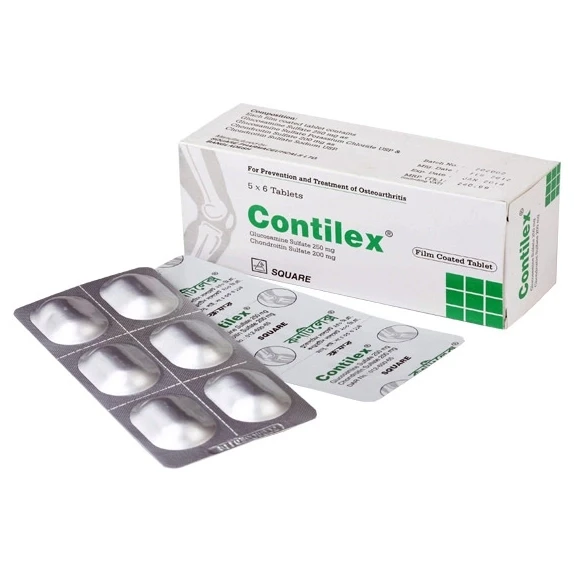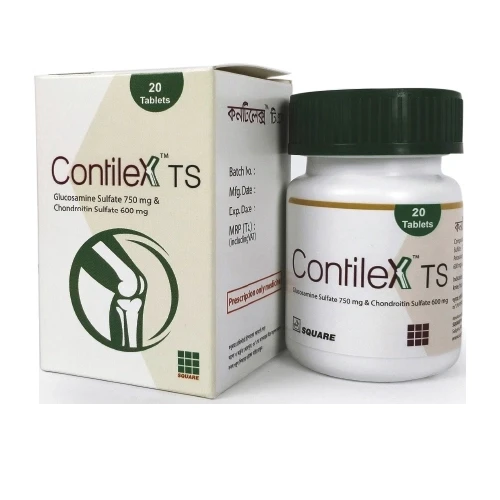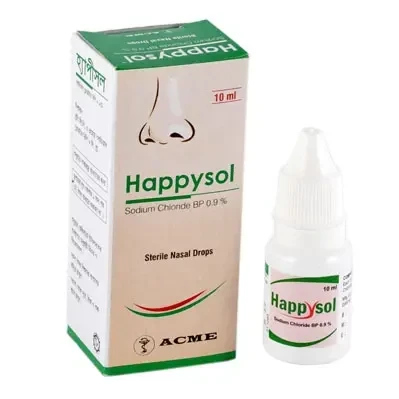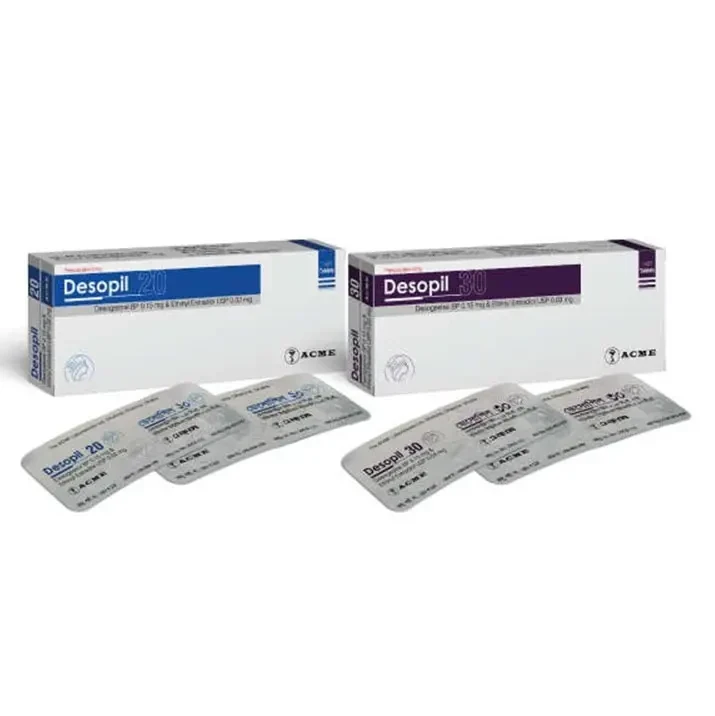

Iracet Tablet, Levetiracetam 250 mg
Inhouse product
-
৳11.40
৳12.00 -
৳42.75
৳45.00 -
৳16.63
৳17.50 -
৳2.14
৳2.25
Reviews & Ratings
Indications
Iracet is indicated as
monotherapy in the treatment of partial-onset seizures with or without
secondary generalization in adults and adolescents from 16 years of age with
newly diagnosed epilepsy. Iracet is indicated as adjunctive therapy-
- in the treatment of
partial-onset seizures with or without secondary generalization in adults,
adolescents, children and infants from 1 month of age with epilepsy.
- in the treatment of myoclonic
seizures in adults and adolescents from 12 years of age with Juvenile
Myoclonic Epilepsy.
- in the treatment of primary
generalized tonic-clonic seizures in adults and adolescents from 12 years
of age with Idiopathic Generalised Epilepsy.
* রেজিস্টার্ড চিকিৎসকের পরামর্শ মোতাবেক ঔষধ সেবন করুন'
Description
The precise
mechanism(s) by which Iracet exerts its antiepileptic effect is unknown. Iracet
showed only minimal activity in submaximal stimulation and in threshold tests.
Protection was observed, however, against secondarily generalized activity from
focal seizures induced by pilocarpine and kainic acid, two chemo convulsants
that induce seizures that mimic some features of human complex partial seizures
with secondary generalization. In vitro and in vivo recordings of epileptiform
activity from the hippocampus have shown that Iracet inhibits burst firing
without affecting normal neuronal excitability, suggesting that Iracet may
selectively prevent hyper synchronization of epileptiform burst firing and
propagation of seizure activity.
Dosage
Adults
and adolescents from 16 years of age: The recommended starting dose is 250 mg twice daily which
should be increased to an initial therapeutic dose of 500 mg twice daily after
two weeks. The dose can be further increased by 250 mg twice daily every two
weeks depending upon the clinical response. The maximum dose is 1500 mg twice
daily.
Adults (≥18 years) and
adolescents (12 to 17 years) weighing 50 kg or more: The initial therapeutic dose is 500 mg twice
daily. This dose can be started on the first day of treatment. Depending upon
the clinical response and tolerability, the daily dose can be increased up to
1,500 mg twice daily. Dose changes can be made in 500 mg twice daily increases
or decrease every two to four weeks.
Pediatric population: The tablet formulation is not adapted for
use in infants and children under the age of 6 years. Oral solution is the
preferred formulation for use in this population. In addition, the available
dose strengths of the tablets are not appropriate for initial treatment in
children weighing less than 25 kg, for patients unable to swallow tablets or
for the administration of doses below 250 mg. In all of the above cases, oral
solution should be used.
- Monotherapy: The safety and efficacy of levetiracetam in children
and adolescents below 16 years as monotherapy treatment have not been
established.
- Add-on therapy: Oral solution is the preferred formulation for use in
infants and children under the age of 6 years. For children 6 years and
above, oral solution should be used for doses under 250 mg, for doses not
in multiples of 250 mg when dosing recommendation is not achievable by
taking multiple tablets and for patients unable to swallow tablets. The
lowest effective dose should be used. The starting dose for a child or
adolescent of 25 kg should be 250 mg twice daily with a maximum dose of
750 mg twice daily. Dosing for children 50 kg or greater is the same as in
adults.
- Add-on therapy: For infants aged from 1 month to less than 6
months: The oral solution is the formulation to use in infants.
* রেজিস্টার্ড চিকিৎসকের পরামর্শ মোতাবেক ঔষধ সেবন করুন'
Administration
The flm-coated tablets
must be taken orally, swallowed with a sufcient quantity of liquid and may be
taken with or without food. The daily dose is administered in two equally
divided doses.
* রেজিস্টার্ড চিকিৎসকের পরামর্শ মোতাবেক ঔষধ সেবন করুন'
Interaction
Antiepileptic
medicinal products: Pre-marketing data
from clinical studies conducted in adults indicate that Iracet did not
influence the serum concentrations of existing antiepileptic medicinal products
(phenytoin, carbamazepine, valproic acid, phenobarbital, lamotrigine,
gabapentin and primidone) and that these antiepileptic medicinal products did
not influence the pharmacokinetics of Iracet.
Probenecid: Probenecid (500 mg four times daily), a
renal tubular secretion blocking agent, has been shown to inhibit the renal
clearance of the primary metabolite but not of Iracet. Nevertheless, the
concentration of this metabolite remains low.
Methotrexate: Concomitant administration of Iracet and
methotrexate has been reported to decrease methotrexate clearance, resulting in
increased/prolonged blood methotrexate concentration to potentially toxic
levels. Blood methotrexate and Iracet levels should be carefully monitored in
patients treated concomitantly with the two drugs.
Laxatives: There have been isolated reports of
decreased Iracet efficacy when the osmotic laxative macrogol has been
concomitantly administered with oral Iracet. Therefore, macrogol should not be
taken orally for one hour before and for one hour after taking Iracet.
Food and alcohol: The extent of absorption of Iracet was not
altered by food, but the rate of absorption was slightly reduced. No data on
the interaction of Iracet with alcohol are available.
Contraindications
Hypersensitivity to
the active substance or other pyrrolidone derivatives or to any of the
excipients.
Side Effects
Most common adverse
reactions (incidence ≥ 5% more than placebo) include:
- Adult patients: somnolence,
asthenia, infection and dizziness
- Pediatric patients: fatigue,
aggression, nasal congestion, decreased appetite, and irritability
Pregnancy & Lactation
Levetiracetam is not
recommended during pregnancy and in women of childbearing potential not using
contraception unless clinically necessary. Levetiracetam is excreted in human
breast milk. Therefore, breastfeeding is not recommended. However, if
levetiracetam treatment is needed during breastfeeding, the benefit/risk of the
treatment should be weighed considering the importance of breastfeeding. No
impact on fertility was detected in animal studies. No clinical data are
available, the potential risk for humans is unknown.
Precautions & Warnings
Renal impairment: The administration of Iracet to patients
with renal impairment may require dose adjustment. In patients with severely
impaired hepatic function, assessment of renal function is recommended before
dose selection.
Acute kidney injury: The use of Iracet has been very rarely associated
with acute kidney injury with a time to onset ranging from a few days to
several months.
Blood cell counts: Rare cases of decreased blood cell counts
(neutropenia, agranulocytosis, leucopenia, thrombocytopenia and pancytopenia)
have been described in association with Iracet administration, generally at the
beginning of the treatment. Complete blood cell counts are advised in patients
experiencing important weakness, pyrexia, recurrent infections or coagulation
disorders.
Suicide: Suicide, suicide attempt, suicidal ideation
and behaviour have been reported in patients treated with anti-epileptic agents
(including Iracet). A meta-analysis of randomized placebo-controlled trials of
anti-epileptic medicinal products has shown a small increased risk of suicidal
thoughts and behaviour. The mechanism of this risk is not known. Therefore
patients should be monitored for signs of depression and/or suicidal ideation
and behaviours and appropriate treatment should be considered. Patients (and
caregivers of patients) should be advised to seek medical advice should signs
of depression and/or suicidal ideation or behaviour emerge.
Paediatric population: The tablet formulation is not adapted for
use in infants and children under the age of 6 years. Available data in
children did not suggest an impact on growth and puberty. However, long term
effects on learning, intelligence, growth, endocrine function, puberty and
childbearing potential in children remain unknown.
Use in Special Populations
Elderly (65 years and
older): Adjustment of the
dose is recommended in elderly patients with compromised renal function.
Renal impairment: The daily dose must be individualized
according to renal function.
Hepatic impairment: No dose adjustment is needed in patients
with mild to moderate hepatic impairment. In patients with severe hepatic
impairment, the creatinine clearance may underestimate renal insufficiency.
Therefore a 50 % reduction of the daily maintenance dose is recommended when
the creatinine clearance is < 60 ml/min.
Overdose Effects
Somnolence, agitation,
aggression, depressed level of consciousness, respiratory depression and coma
were observed with Iracet overdoses. After an acute overdose, the stomach may
be emptied by gastric lavage or by induction of emesis. There is no specifc
antidote for Iracet. Treatment of an overdose will be symptomatic and may
include haemodialysis. The dialyser extraction efficiency is 60 % for Iracet
and 74% for the primary metabolite.
Therapeutic Class
Adjunct anti-epileptic
drugs
Storage Conditions
Store at a cool
temperature (not exceeding 25°C) and dry place, protected from light.
Frequently Bought Products
A-Fenac Tablet, Diclofenac Sodium 50 mg
Happysol Nasal Drop 10 ml Drop, Sodium Chloride 0.9%
Diflupred Ophthalmic Emulsion 5 ml drop, Difluprednate 0.05%
Lubgel Ophthalmic Solution Carboxymethylcellulose Sodium 1%
Product Queries (0)
Login Or Registerto submit your questions to seller
Other Questions
No none asked to seller yet
-
৳11.40
৳12.00 -
৳42.75
৳45.00 -
৳16.63
৳17.50 -
৳2.14
৳2.25
